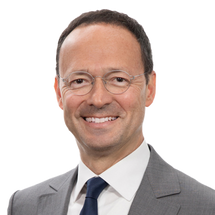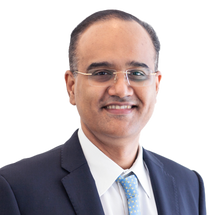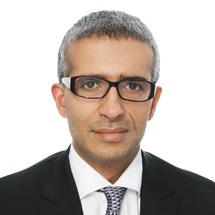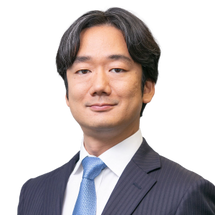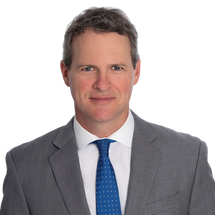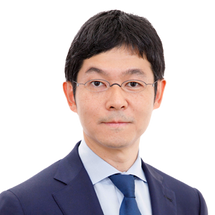EQT Private Capital Asia in short
- USD 50m - USD 1bnInvestment range
- 44No. of portfolio companies
- 110Investment Advisory Professionals
Pan-Asian Thematic Sector Strategy
Creating market leading Asian businesses through transformation and growth
EQT Private Capital Asia has been transforming Asian companies through its pan-Asian investment platform for over 25 years. With a top-down thematic origination model and value creation centered around active ownership and transformation, the team is uniquely positioned to identify and source compelling investment opportunities across the entire region.
The EQT Private Capital Asia Advisory Team
The team focuses on driving operational value creation through a systematic and continuously evolving value creation playbook centered around active ownership and the ambition to create sustainable, industry-leading businesses across our core sectors.

